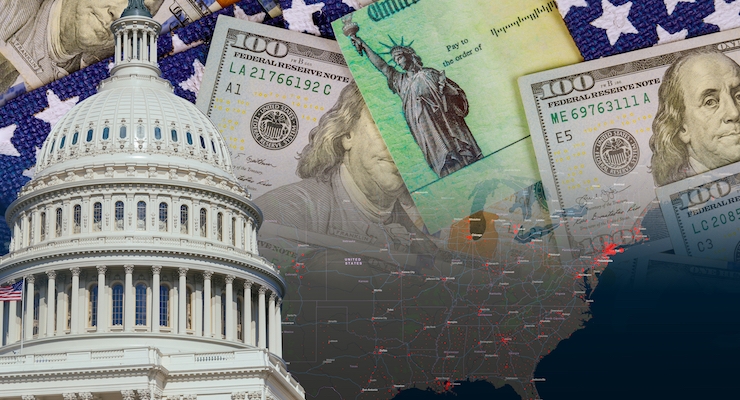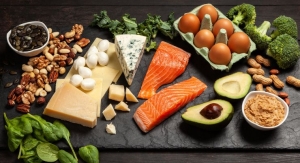04.21.20
According to polling conducted by the Natural Products Association on its member companies, 95% of survey respondents, all members of the natural products industry, have not received a small business loan through the Paycheck Protection Program established by the federal government in response to the COVID-19 pandemic, NPA reports.
Additionally, 88% of the respondents said they would reapply for the loan once more resources are available through a new round of small business loans.
The average loan requested by respondents was $145,354, and ranged from $6,000 to $1.5 million. The total amount of loans requested by respondents was $8,285,186.
“Our members have stayed open as essential businesses but have not been immune to the shock of the crisis,” Daniel Fabricant, PhD, NPA’s CEO and president said. “As the country moves toward reopening in the coming weeks and months, we must ensure that health food stores and supplement manufacturers play a role in the rebuilding process and continue to provide Americans with products that support their health. We look forward to continuing to work with the Administration, governors, and lawmakers during this crisis and recovery.
The Coronavirus Aid, Relief, and Economic Security (CARES) Act, passed on March 27, set aside $350 billion for the PPP loan program, designed to help small businesses keep their doors open during the crisis. However, many banks have declined to accept many loan applications from small businesses, posing limitations including prerequisites to a loan application, in a struggle to distribute hundreds of billions of dollars adequately in a short period of time.
For now, the Small Business Administration has declined requests from the press that it publicly disclose the data on loan recipients, meaning that the public won’t get a comprehensive breakdown of where $350 billion in tax revenue has been channeled until a later date. For these reasons, it can’t be determined to what extent the proportions of small businesses in the nutrition space have had their loan applications rejected, compared to the entirety of small businesses which have applied for the loans. Most of the money has been approved, as the SBA reported on April 14 that over $247 billion in forgivable loans have been distributed.
According to data compiled by the watchdog group Accountable, at least 17 companies with more than 500 employees, a threshold explicitly outlined in PPP’s exclusion criteria, have been awarded loans, however, exemptions were made for franchise restaurants and hotels owned by a single person. Nothing within the exclusion criteria stands out as a reason why the overwhelming bulk of those NPA surveyed were rejected upon
Additionally, 88% of the respondents said they would reapply for the loan once more resources are available through a new round of small business loans.
The average loan requested by respondents was $145,354, and ranged from $6,000 to $1.5 million. The total amount of loans requested by respondents was $8,285,186.
“Our members have stayed open as essential businesses but have not been immune to the shock of the crisis,” Daniel Fabricant, PhD, NPA’s CEO and president said. “As the country moves toward reopening in the coming weeks and months, we must ensure that health food stores and supplement manufacturers play a role in the rebuilding process and continue to provide Americans with products that support their health. We look forward to continuing to work with the Administration, governors, and lawmakers during this crisis and recovery.
The Coronavirus Aid, Relief, and Economic Security (CARES) Act, passed on March 27, set aside $350 billion for the PPP loan program, designed to help small businesses keep their doors open during the crisis. However, many banks have declined to accept many loan applications from small businesses, posing limitations including prerequisites to a loan application, in a struggle to distribute hundreds of billions of dollars adequately in a short period of time.
For now, the Small Business Administration has declined requests from the press that it publicly disclose the data on loan recipients, meaning that the public won’t get a comprehensive breakdown of where $350 billion in tax revenue has been channeled until a later date. For these reasons, it can’t be determined to what extent the proportions of small businesses in the nutrition space have had their loan applications rejected, compared to the entirety of small businesses which have applied for the loans. Most of the money has been approved, as the SBA reported on April 14 that over $247 billion in forgivable loans have been distributed.
According to data compiled by the watchdog group Accountable, at least 17 companies with more than 500 employees, a threshold explicitly outlined in PPP’s exclusion criteria, have been awarded loans, however, exemptions were made for franchise restaurants and hotels owned by a single person. Nothing within the exclusion criteria stands out as a reason why the overwhelming bulk of those NPA surveyed were rejected upon




























